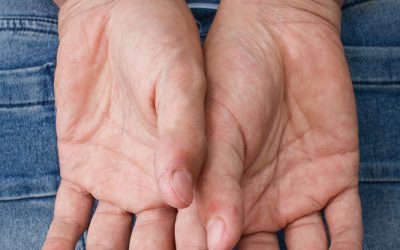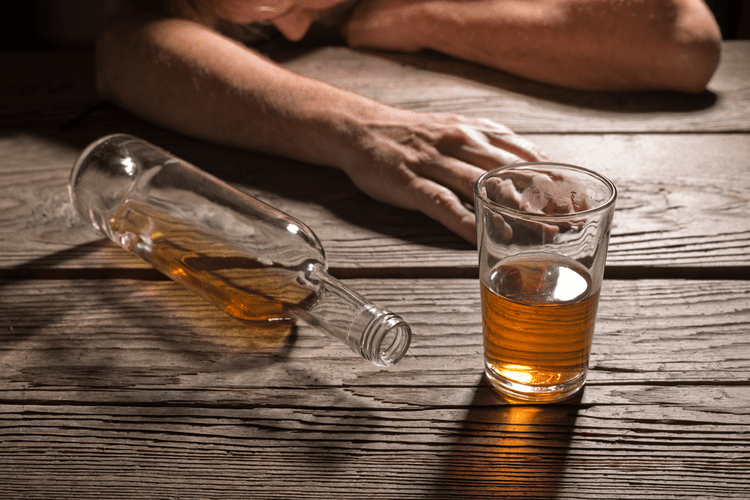Speaking of work, you’ll likely experience increased productivity and concentration at whatever it is you’re doing, whether that be working, studying, or reading. American Addiction Centers (AAC) is committed to delivering original, truthful, accurate, unbiased, and medically current information. We strive to create content that is clear, concise, and easy to understand. As the loved one of someone in recovery, there are ways you can help preserve their recovery and prevent a relapse.
- Don’t let this situation or cravings make you feel down or like you haven’t achieved something amazing already.
- As soon as I got over myself and started to look people in the eye and have conversations, people responded.
- “Now that most of the physical symptoms have gone away, time to work at staying sober. This is usually where I mess up and drink because I am feeling better and think I can handle it. I know I can’t.”
- At Genesis Recovery, we are here to answer all your questions regarding alcohol use disorder, the process of recovery, and the slip-ups that come along with it.
The 3 Stages of Relapse
By the start of three weeks without alcohol, it’s likely you’ll have developed new ways to fill the time you once spent drinking. Maybe you’ve picked up a new workout routine, daily journaling practice, or started a new podcast. Acute alcohol withdrawal symptoms can range from mild to severe, and the severe symptoms can be dangerous or even life-threatening. That’s why that initial physician consultation is so important, and with Monument, you can see a physician using your existing health insurance.
Abstinence vs. Moderation: Which Path is Right?
Understanding the dynamics of sobriety and the factors contributing to relapse is crucial in addressing the complexities of recovery, including the question of whether an individual with a history of alcoholism can ever drink again. Understanding alcoholism as a progressive disease is crucial in the context of whether an alcoholic can ever drink again. As the condition advances, the physical and psychological effects http://www.ecolora.ru/index.php/2010-07-09-03-51-16/yazyki/lietuvi-kai become more severe, and the ability to control drinking diminishes. This progression is marked by increasing tolerance, physical dependence, and the potential for serious health complications, including liver disease, cardiovascular problems, and neurological damage. If you’re having the thought that you want to get sober and want to know how to get clean, there’s probably already an underlying motivation.
Alcoholic Recovery Stages
If you’re now in the process of quitting drinking and you’re noticing symptoms like this, make sure to get in touch with Clean Recovery Centers or your nearest medical professional to be evaluated as soon as possible. You may need medical help in your transition to sobriety to blunt the effects of withdrawal. For those struggling with alcohol addiction or considering returning http://www.freepatent.ru/patents/2523806 to drinking after sobriety, seeking professional help is highly recommended. Therapy, support groups, and other resources can provide invaluable assistance in managing addiction and maintaining recovery. Receiving professional guidance can empower individuals to take control of their recovery journey and resist the temptation of drinking alcohol after therapy.
Alcoholism is often described in stages, from the initial phase of occasional binge drinking to the final stage of chronic alcohol dependence. Early stages may involve increased tolerance to alcohol and drinking for relief or comfort. As the disorder progresses, individuals may begin to prioritize drinking over other activities, leading to noticeable life http://hazzen.com/music/bands/muse/bio problems or health issues directly related to alcohol use. In the final stages, individuals may experience withdrawal symptoms when not drinking, indicating physical dependence. A personalized relapse prevention plan is essential for maintaining sobriety, as it helps individuals identify triggers, develop coping strategies, and set achievable goals.
- If you’re now in the process of quitting drinking and you’re noticing symptoms like this, make sure to get in touch with Clean Recovery Centers or your nearest medical professional to be evaluated as soon as possible.
- Completing 30 days without alcohol is a huge accomplishment and it’s within your reach.
- One common mistake for those who are new to alcohol and drug recovery is substituting a new compulsive behavior for their old one.
- People in recovery continue to report the benefits of not drinking alcohol after 13 days of abstinence.
- Three-quarters of those who took their own lives in 2022 in the UK were male.
Do You Lose Weight When You Quit Drinking?

You can learn more about treatment through some of our sobriety stories. You must be ready to change in order to find the best treatment program for you. It will help prevent relapse once the formal treatment program ends. Loving and encouraging family and friends can definitely help support your journey to become sober.

For more severe addiction issues, healthcare professionals may suggest inpatient care, which requires you to live onsite at the hospital or facility for the duration of treatment. There are many reasons a person in recovery may decide to drink again. The drinker may have been in recovery for a while and became too comfortable.

